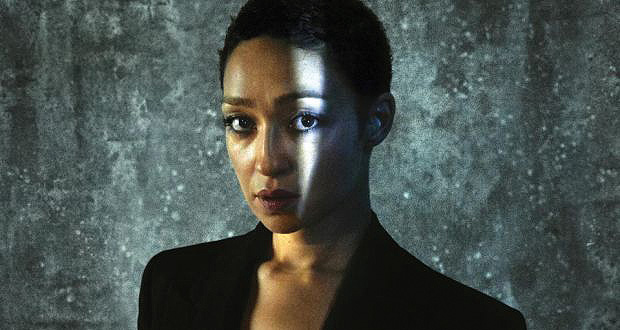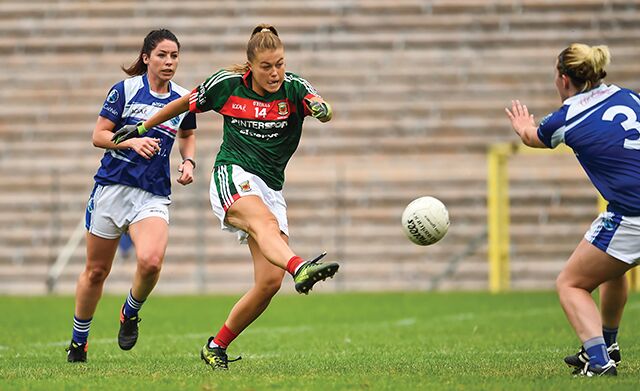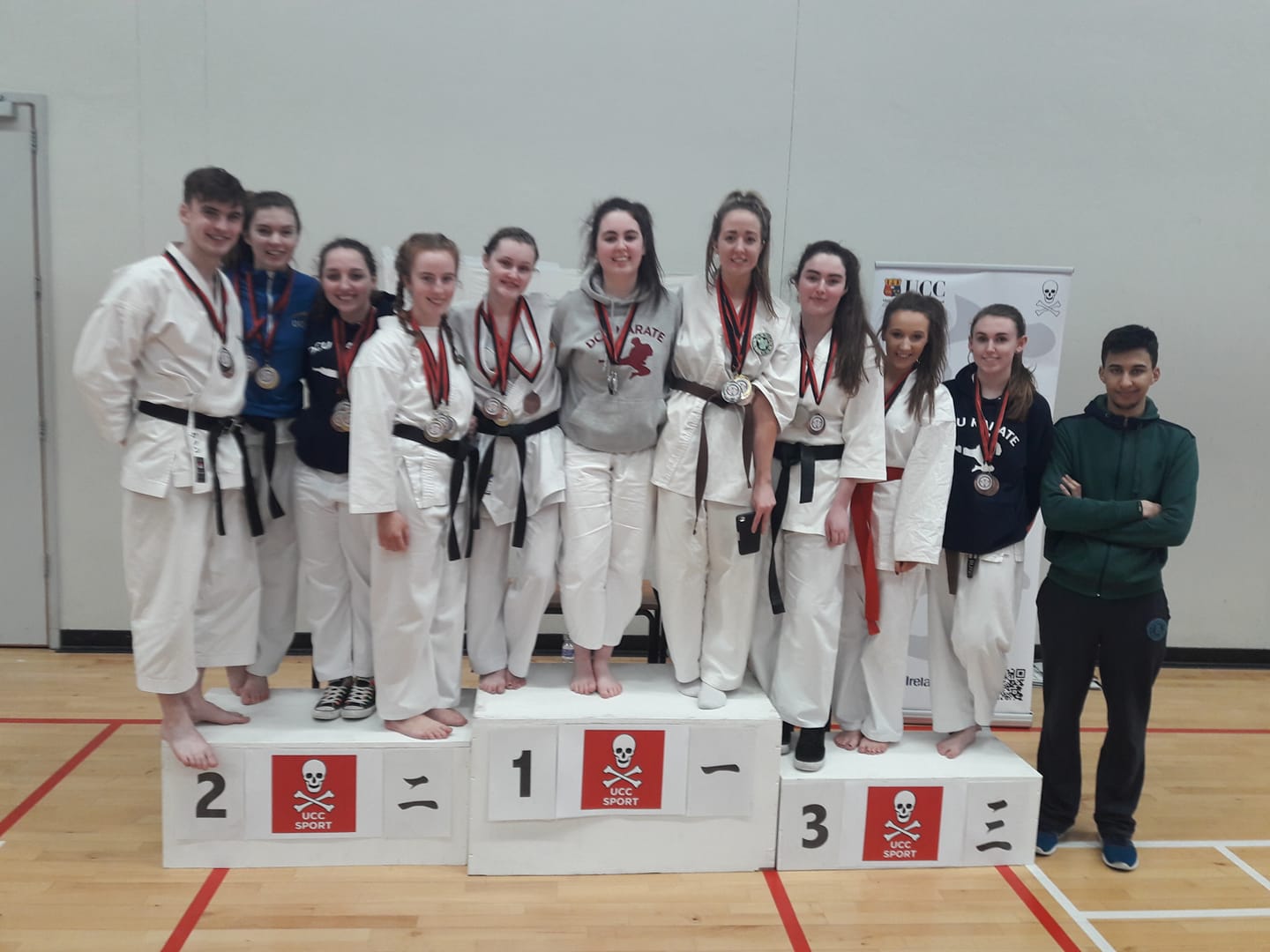
[dropcap]“F[/dropcap]railty thy name is woman.” In William Shakespeare’s play ‘Hamlet’ the protagonist is disgusted by the women around him, to him they are all weak and fickle, but what about when the tormented prince himself is a woman?
On September 21st, 2018 The Gate Theatre opened a new production of William Shakespeare’s ‘Hamlet’ starring Ruth Negga and directed by Yael Farber.
Negga’s name entered international headlines after her role in the 2016 film Loving, which earned her an Academy Award nomination for Best Actress. Now the Irish-Ethiopian actress will take on the role of the lost and vengeful Hamlet.
Traditionally, all of Shakespeare’s characters were played by men. Women were not allowed to perform in any of his plays even in the most feminine of roles like Juliet from ‘Romeo and Juliet’.
It was the 17th century before the first woman ever played a role in one of Shakespeare’s plays but now both men and women can be seen acting in all of his work.
Negga is certainly not the first woman to play Hamlet, since the 18th century many women have taken on this iconic role.
In James Joyce’s Ulysses one character remarks “I hear that an actress played Hamlet for the 408th time last night in Dublin.”
English actor, Sarah Siddons began playing Hamlet in 1775 as a young actress and carried on playing this role until she was 47 years old. Siddons was also renowned for her performances as Lady Macbeth, a character who she made entirely her own.
The first woman to play Hamlet in film was a French actor, Sarah Bernhardt at the very beginning of the 20th century. Bernhardt had very strong views regarding Hamlet’s gender, saying “I cannot see Hamlet as a man.”
Many people find it easy to imagine Hamlet as a woman because of his youth. Actor and director, Eva LeGallienne, who took on the role in 1937 said that the age you interpret Hamlet to be dictates whether the character should be played by a male or a female.
“If you view Hamlet as a mature man than I don’t think he should be played by a woman” said LeGallienne. “I think psychologically one feels Hamlet was a youth … He’s still going to Wittenberg, to college, you know. He can’t be a mature man. The whole thing points to a very young youth, and therefore because a boy of that age might not be technically equipped to play the role.”
In a 1982 production of Hamlet which saw Diane Venora playing the Prince of Denmark, American director Joseph Papp stated that it is vital for Hamlet’s character to be vulnerable and therefore the actor who plays him must be able to show their emotions.
“The person playing Hamlet should be able to weep unabashedly and unashamedly” Papp said to the New York Times.
Farber a Sout African director currently living in Montreal has explained why she chose Negga in particular to portray Hamlet. “I believe that the role is in the hands of an artist, who can do something incredible with it” said Farber.
She explained to the Irish Times that casting Negga was not meant to be provocative. “All I want to know is if the story will be told with the velocity and beauty and power that it can be”.
This is Negga’s debut performance in the Gate and working alongside powerful woman from the industry like Farber and the shows Tony-award winning designer Susan Hilferty.
It seems like this trio are the perfect team to present ‘Hamlet’ at the Gate as they are not afraid to push beyond the boundaries of Shakespeare’s work.
Aoibhín Meghen
Image Credit: The Irish Times



